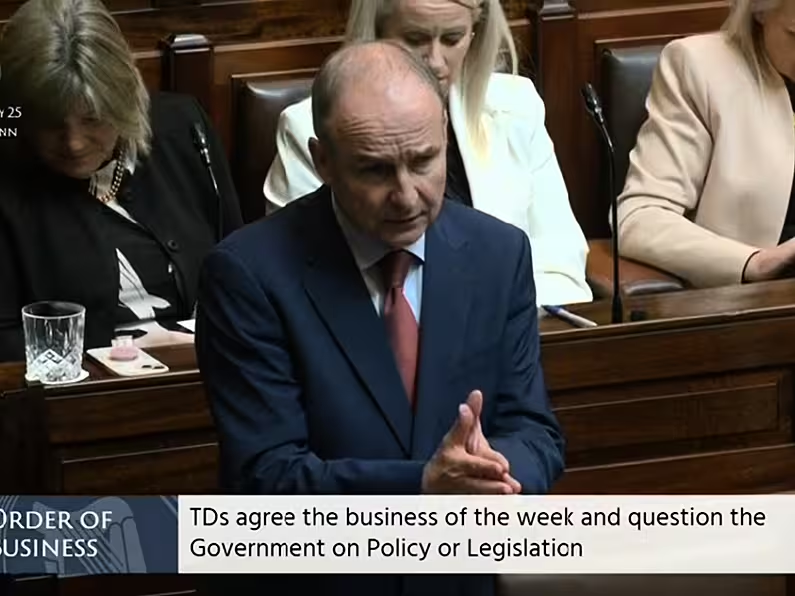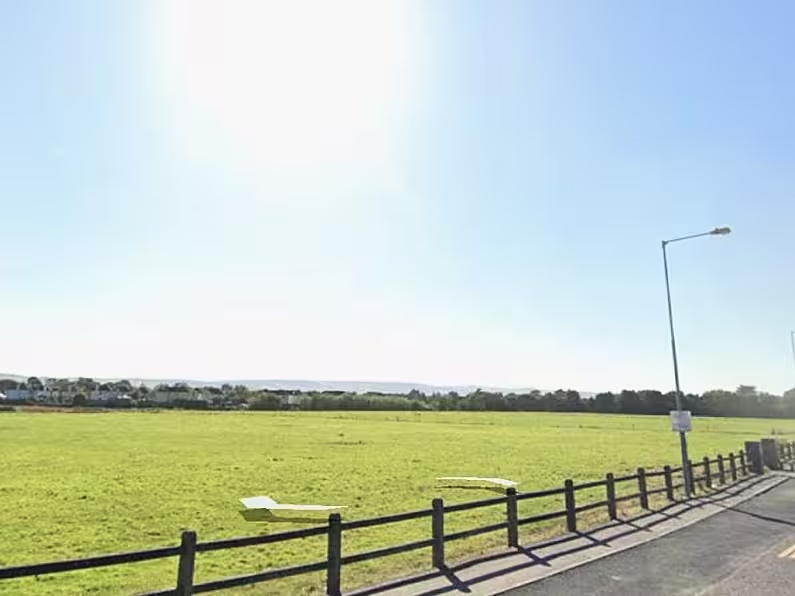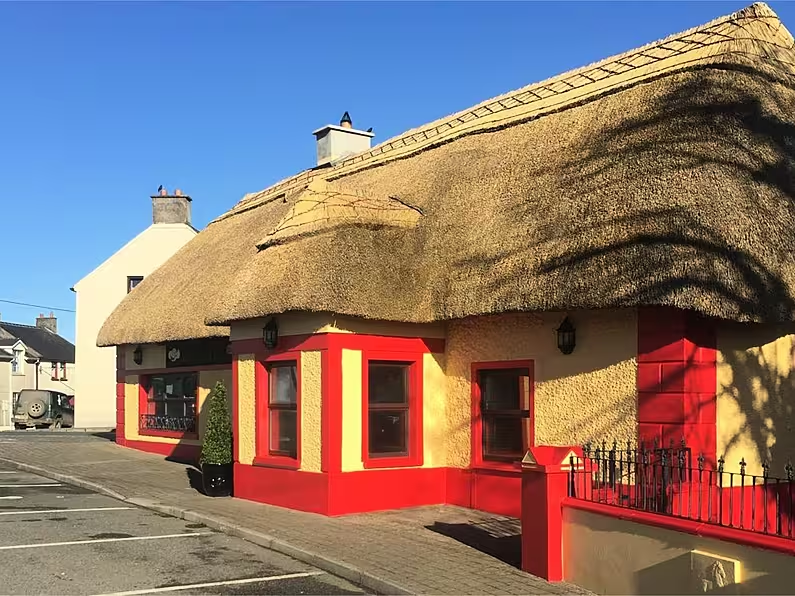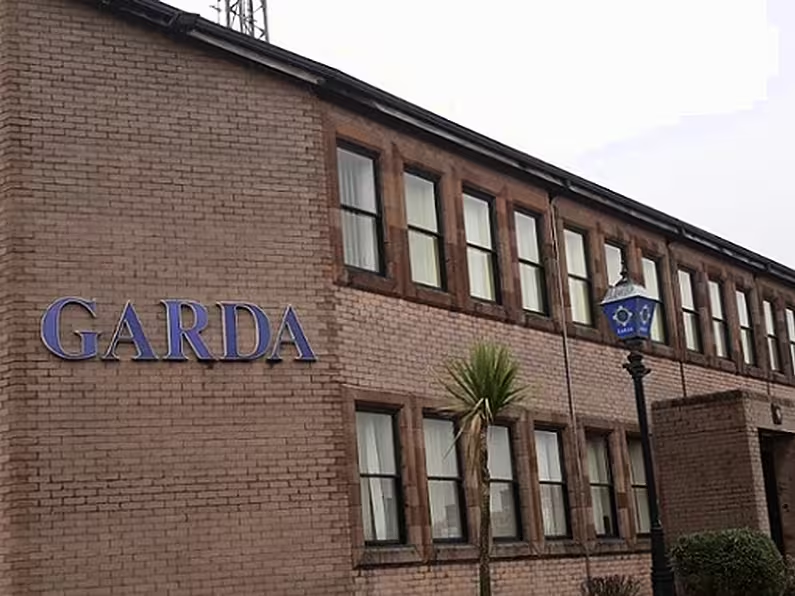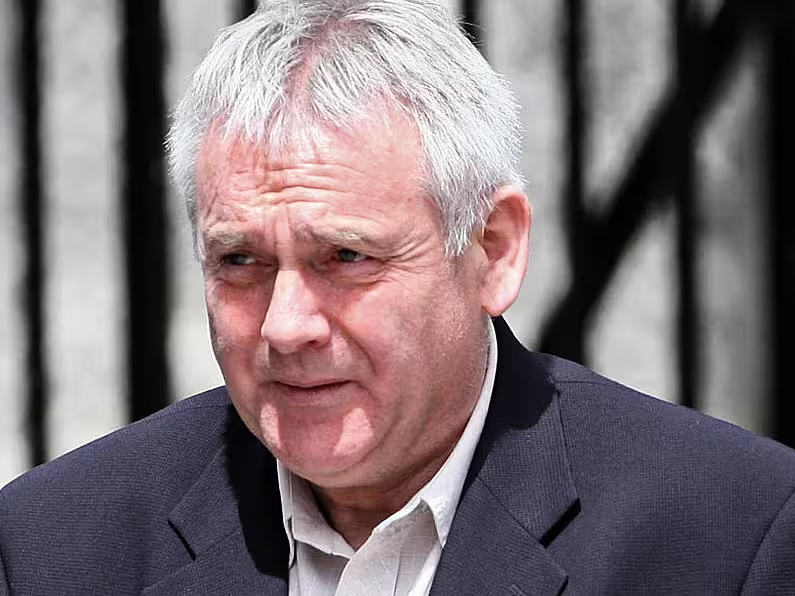Vivienne Clarke
A spokesperson for the Irish College of General Practitioners, Professor Liam Glynn, has repeated a warning that there is going to be a shortage of GPs as more retire in the coming years.
Prof Glynn was responding to concerns in Ardara in Co Donegal where the local GP Dr Mireille Sweeney is retiring after 29 years' service to the community.
Speaking on RTÉ radio’s Morning Ireland, he said the situation in Ardara was not uncommon, and it was something being faced by a lot of communities.
Over 25 per cent of GPs are aged over 60 years, so this issue is going to become more prevalent in rural communities, he warned.
“We really need to start to focus on what are the short, medium and long term solutions to try and solve some of these problems. Because I truly believe a lot of work is being done. I'm sure there's a lot of people who are working hard in the background.
"The local stakeholders, the HSE, the Irish College of General Practitioners I know has put a huge amount of work into this, performing a new national standing committee and recently appointing a rural lead, because we all are recognising that these are serious problems coming down the line. And we need to all be working together to try and solve these problems.”
Prof Glynn acknowledged that there were difficulties in attracting the younger generation of GPs into rural practice.
“So we need to do everything we can to make these posts attractive to a younger generation of GPs.
“In terms of the main support that rural practices get, it is the rural practice support framework. And that is due for renegotiation this year between the government and the Irish Medical Organisation which represent us as doctors. So it's really important that that is a priority that's renegotiated because it's not sufficient and not enough practices are involved in that.”
For any profession, if one third of its workers can't get coverage to go on holidays, very soon people are going to leave that profession.
One of the primary fears that young doctors have going into a local practice was getting cover, he said. “We have to develop some sort of a local locum lifeline. In the most recent survey of general practitioners, one third of them mentioned the fact that they couldn't take annual leave because they couldn't get locum cover.
“Now, for any profession, if one third of its workers can't get coverage to go on holidays, very soon people are going to leave that profession. So this is something that we really need to prioritise. And we need to get focused on this. We need to train more GPs. We need to make sure that the new strategic task force in general practice has a laser like focus on more general practice and to try and address the problems that we're having there.
“But I really feel we could actually solve the locum issue and provide two to four weeks of guaranteed cover. For these practices in rural Ireland, it would make a huge difference and even the expansion in general practice places will make a difference. But it's going to take much longer.”
Access to health care is one of the key tenets of any democracy, said Prof Glynn. So if we are concerned about making sure that our citizens can get equitable access to health care, we really need to focus on this type of practice.
“We really need to be doing everything we can to support these (rural) practices. We had a very similar situation in the local practice in Co Clare, where it was advertised three times and there was no applicants. And in fairness to the HSE locally in the Midwest, they funded what we've called the Rural Fellowship programme. And suddenly when that was attached to the practice, there was three applicants and now the post is being filled.
"Provided the will is there and the resources are there, there are ways to try and support older GPs in practice who are moving towards retirement and attracting new GPs into practice. But there's a couple of key problems that have to be solved and one of them is definitely around locum cover.”





